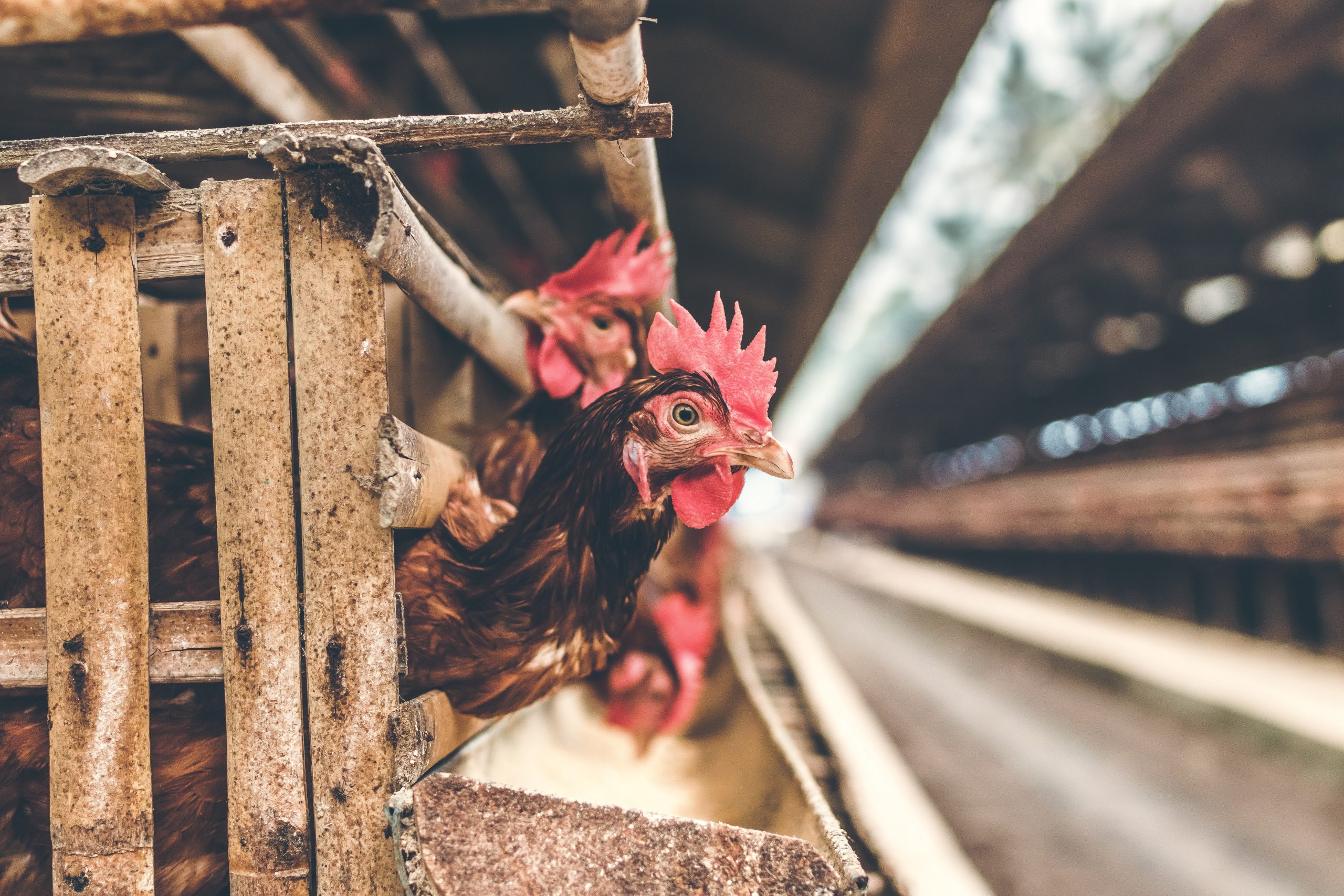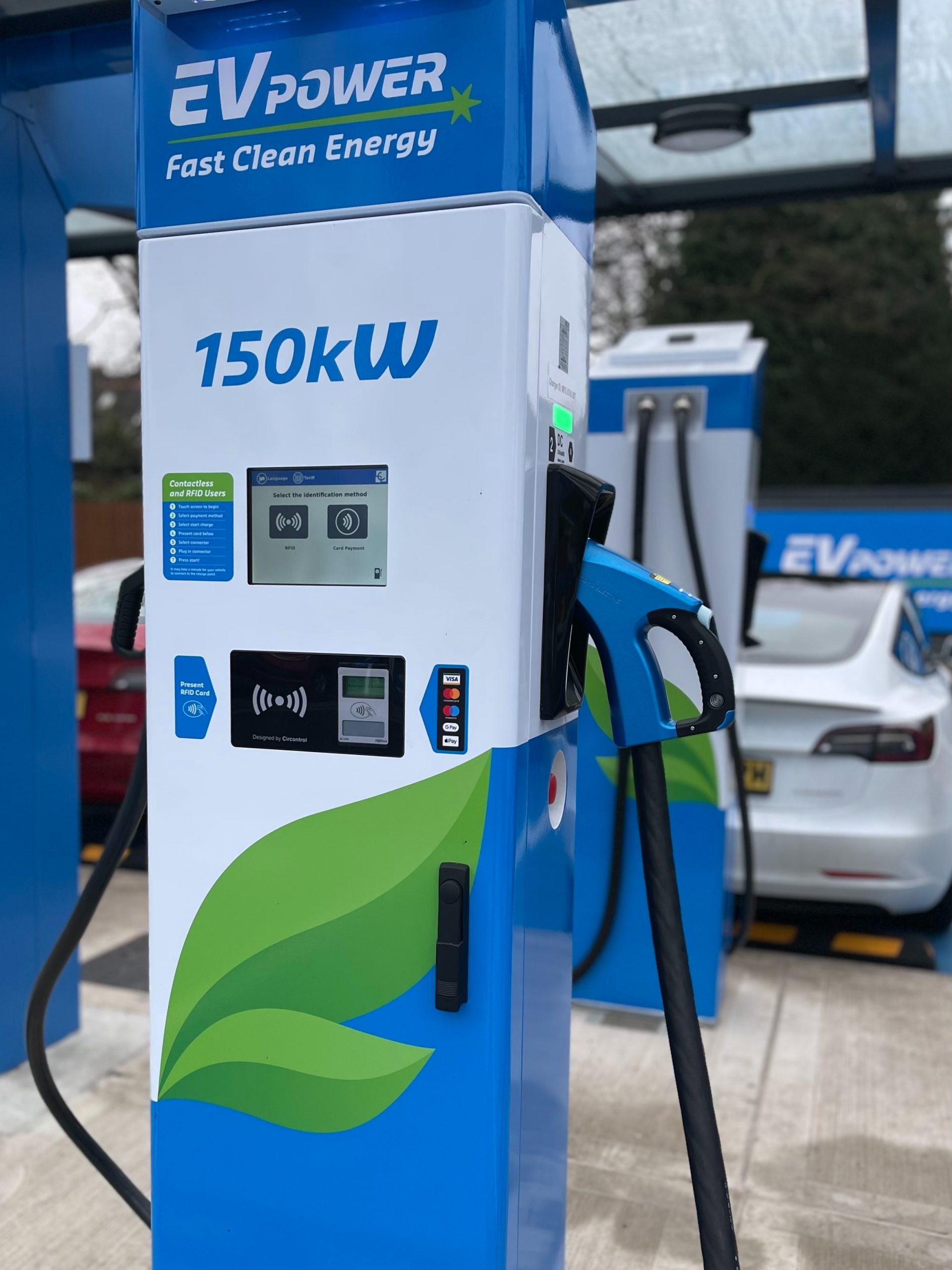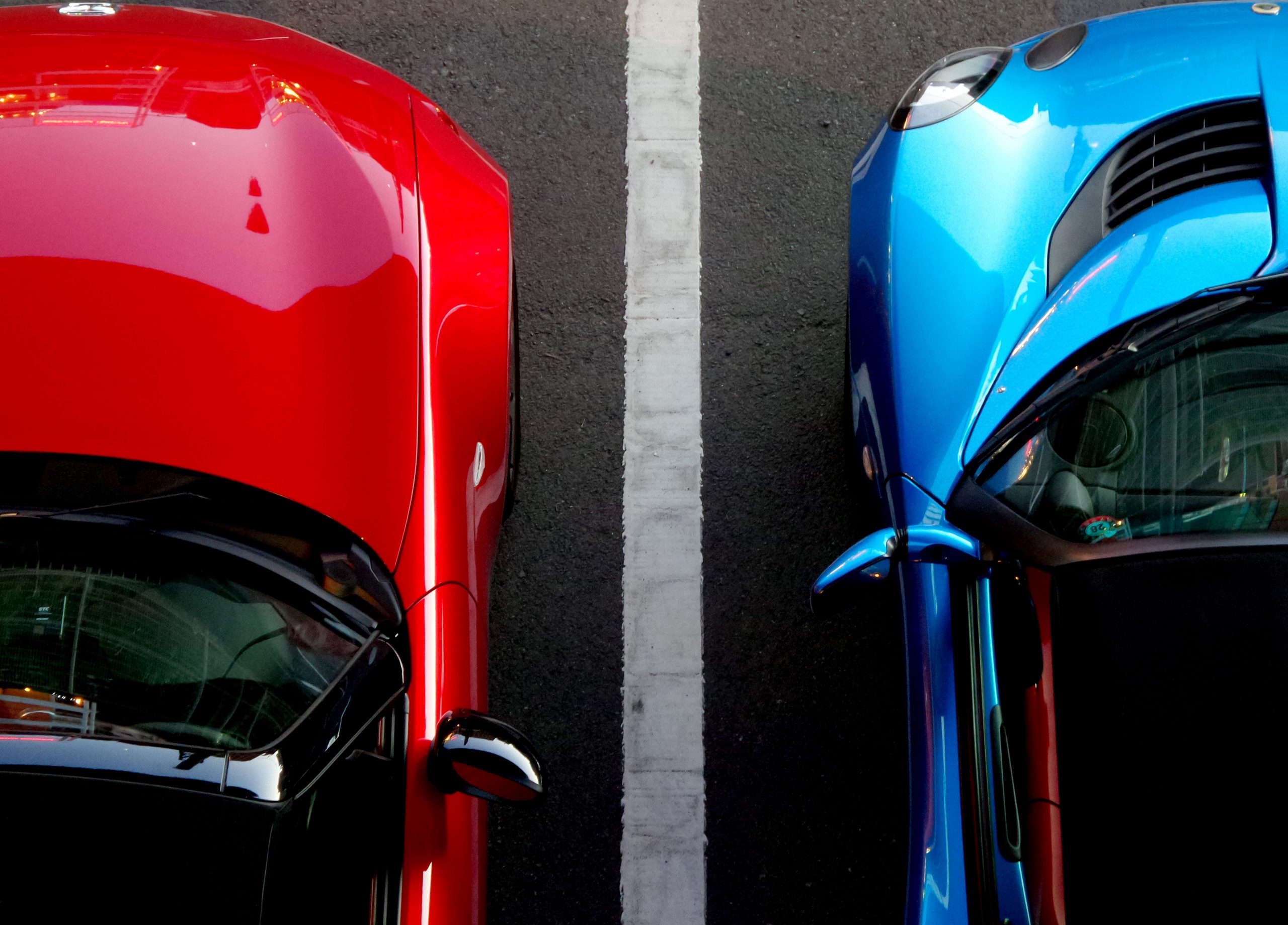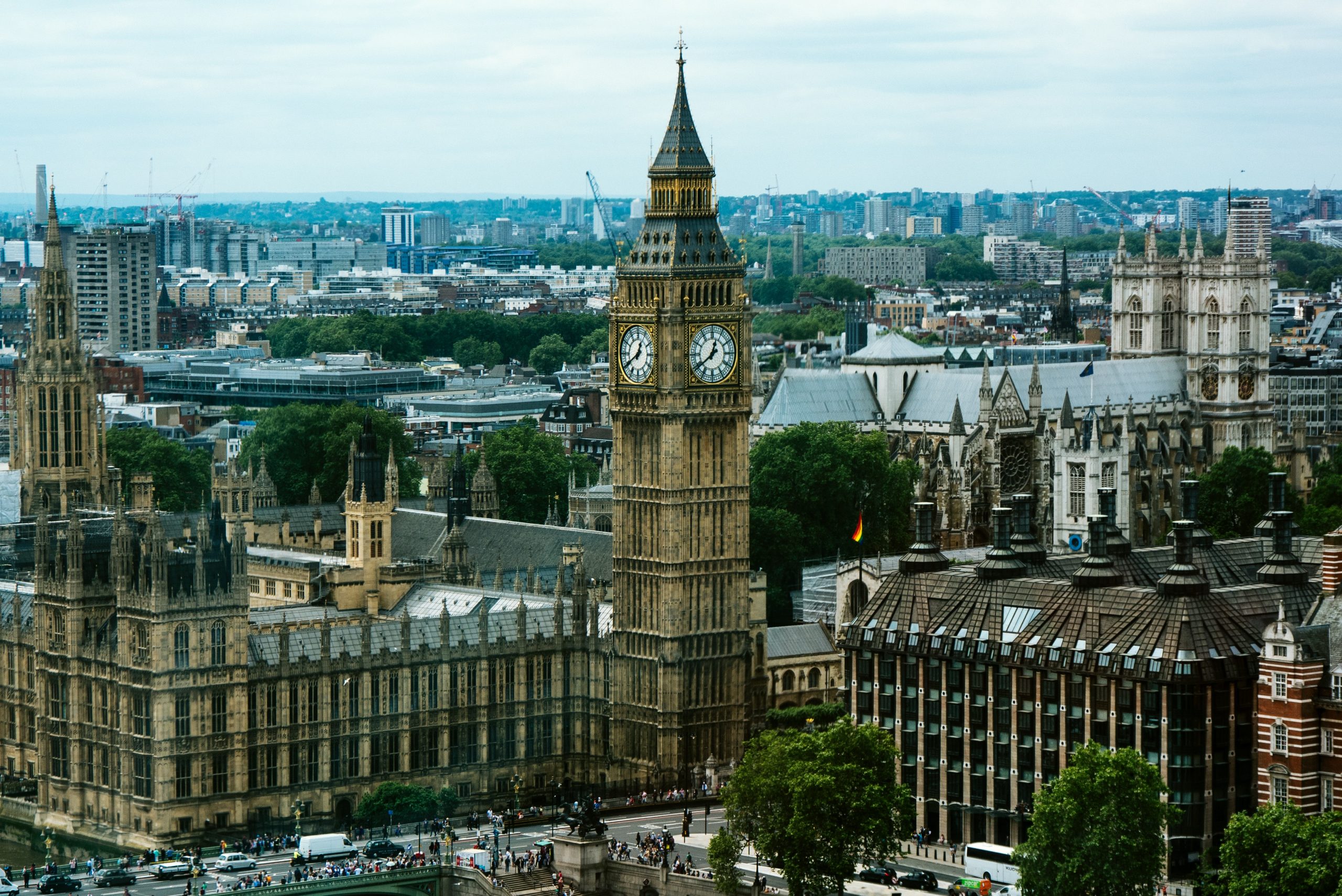The Battle Over Bottling
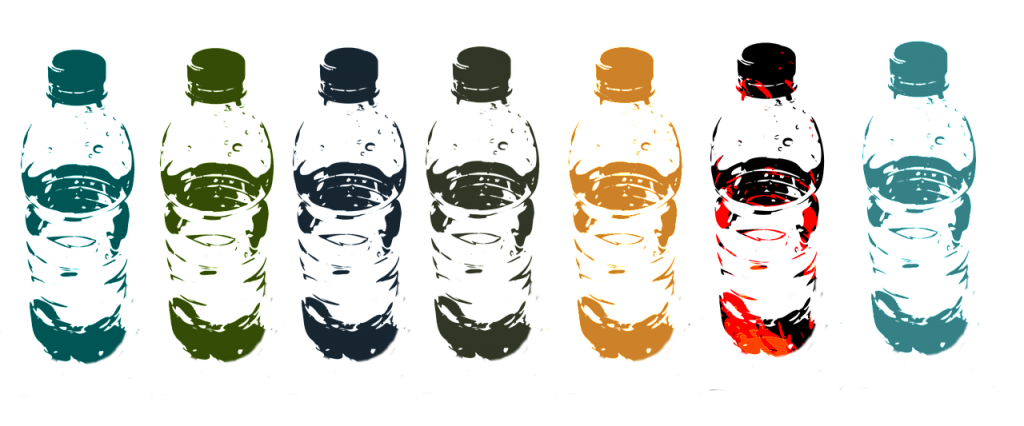
After a 2-year legal battle, Seven Springs Water Co. was approved to pump 1 million gallons per day from Florida’s Ginnie Springs to supply water to Swiss food and beverage conglomerate, Nestlé, for their bottling operations in the area. The approved permit was a renewal of a previous permit to extract lower amounts by the local pumping company. Nestlé purchased the local bottling plant in 2019, and the new permit reflects the company’s desire to dramatically expand operations in the area.
Proponents of the expanded water extraction point toward the bottling plant’s role in the area promoting economic development. “’For generations, our company has contributed to the state of the strong corporate citizen, providing good paying jobs with benefits in a socially responsible, clean manufacturing industry that supports our families and local community,’ said factory manager Lane Tuten.” During the legal battle, Nestlé ran television ads touting the hundreds of jobs the plant supported.
Those opposed to the increased extraction rate argue that expanding the current extraction rate will be detrimental to the local ecosystem and hurt tourism-related business that depend on the area’s natural beauty to attract visitors. In addition to concern over the potential environmental damage the extra pumping would cause, opponents were also outraged about how much the government would receive in return for the water: a one-time licensing fee of $115. In response to the granting of the permit, two state legislators introduced a bill to impose a tax of 12.5 cents per gallon on bottled water companies.
Discussion Questions
- Explain the concepts of Common Resources, and the Tragedy of the Commons, with respect to bottled water companies using public water supplies at little to no cost.
- How would the choice of using taxes versus extraction quotas/permits lead to different outcomes for the parties involved, i.e., the bottle water firms, the local government, and the local residents?
Sources: Miami Herald: State OKs Nestlé plan to tap 1 million gallons a day from Florida spring for bottled water; The Gainsville Sun: State is failing to save our springs; Florida Politics: Annette Taddeo, Joe Casello push measure to tax bottled water companies; Image by alefonte from Pixabay

